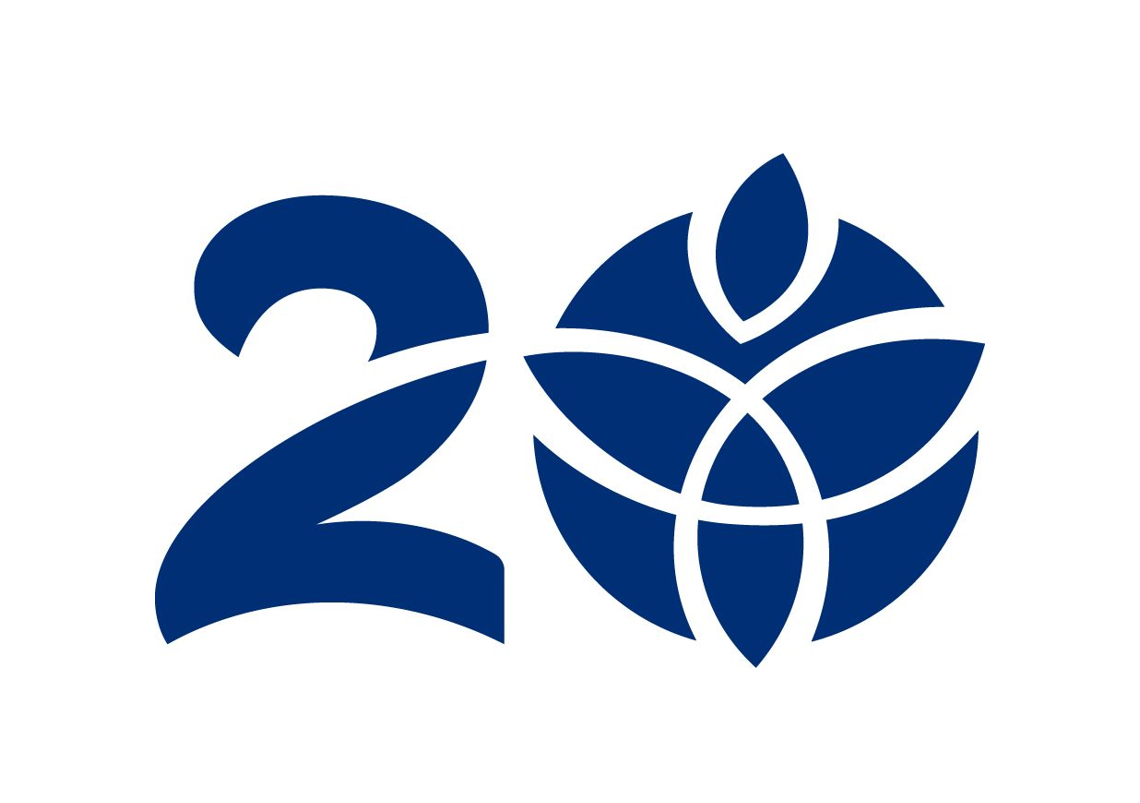Balancing Risk and Reward in a Time of Uncertainty
Apr 26, 2024
With the exception of the pandemic years, the month of May has typically been a time of intense experiential learning and 2024 is no exception. Students from upper Primary School through to the top grades of Secondary School are now preparing for experiential programs of varying duration to be conducted in locations ranging from northern China to Southeast Asia during May. Accompanied by ISF teachers, experiential learning experts from our own Bauhinia Experiential Learning (BELL) team, and externally appointed activity leaders, ISF students will take part in a rich and diverse range of programs aimed at imparting skills and building character in locations that are very different to our home environment in Hong Kong. These programs are stimulating, interesting and challenging: they offer our students unique opportunities to grow and mature.
In an increasingly unpredictable and uncertain world, one that in recent weeks seems to have become even more unstable, there is an understandable tendency for all of us to seek security, consistency, and certainty. Indeed, we crave the ‘safe haven’ for ourselves and our children. Shielding our children from risk is an instinctual protective response from every parent globally. It is engrained in our DNA to care for our young, ever vigilant, ready to intervene when a risk, no matter the form taken, comes to our attention. Taking this a step further, an experience common to almost all parents is the brooding anxiety about risks that we cannot see, but imagine, always lurking close by, hidden from sight.
In planning a complete education, complete in the sense that it truly prepares our children for a rich, full life, independent of parental ‘intervention’ or support, one ever-present tension lies between the contradictory states of risk and certainty. To be certain, one must eliminate all risks; yet to live life to the fullest, we must embrace risk. Risk is, in fact, a lifelong certainty in its own right. Each day is a new experience, and logically any novel experience must include an element of risk. That which we have not yet encountered always carries an element of unpredictability. A key part of our education, therefore, is the essential skill of recognizing and managing risk.
Each year, as we plan learning activities, both in school and beyond, we are professionally, legally, and morally committed to manage and mitigate risk to ensure learners are not exposed to inappropriate or disproportionate risks. In an increasingly uncertain world, there is an understandable aversion to risk that demands those responsible for the care and education of children eliminate risk to the extent possible. Courts around the world increasingly are being called upon to judge what constitutes an unacceptable risk in a school. At the same time, an education without risk is bereft of meaning and purpose. It prepares a child for a life of eternal dependency and fear.
School leaders, teachers, and parents play an indispensable role in working together to map out the ‘risk universe’ appropriate for the vision, mission, and values adopted by a school community. The risk landscape actually forms a key part, albeit one that is largely invisible, of the practical expression of the school’s core values. It sets the benchmark for making the sort of daily judgements that are an integral part of learning. If we pursue independence as an ultimate learning goal, we must manage the journey from dependency to maturity for our children. Risks must be introduced progressively, sequentially, intelligently, and caringly, always supported by safety nets, both physical and emotional, and infused with opportunities to reflect and grow from risks met, no matter the outcome.
This strong bond between a school’s values and its approach to risk should be a key determinant for parents when selecting a school for their child. Schools that offer a strongly guarded safe haven may not have a clear pathway towards independence and mature management of risk in an adult world. Schools that push risk, putting principle ahead of practice, may cause more harm than good. Balancing risk in a way that is learner-centered, managed with an intelligent eye to the future, while maintaining a sensitivity to the past and present, is the essential quality of an education that incorporates risk as an indispensable tool for learning.
The things we cherish most in life, often hard-won at great personal cost, have usually come to us in a manner that involved some sort of risk. When we look back on the things that matter most, they invariably involved taking a step into the void of the unknown, perhaps with uncertainty and even doubt, but with courage, because someone along the way helped us understand that without risk, our lives would be impoverished and featureless.
Dr. Malcolm Pritchard
Head of School
Post-script
I must also offer my sincere thanks to those who have offered me their personal words of gratitude and encouragement after hearing the announcement of my retirement in July, 2025. I remain fully committed to serving the ISF community over the coming year to ensure that our school continues to flourish and grow.
